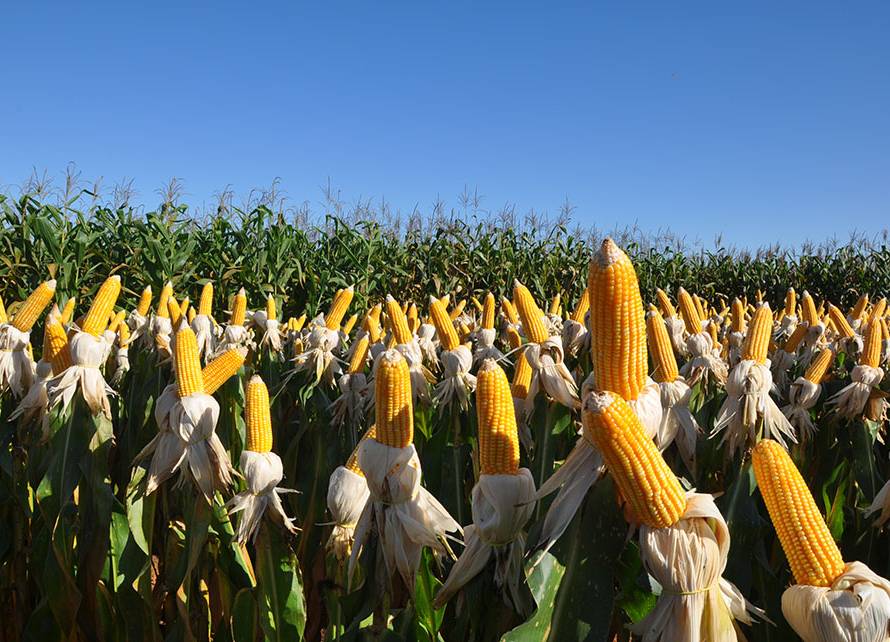Continuing with the formulation of the 2025/2026 Harvest Plan, the Minister of Agriculture and Livestock, Carlos Fávaro, met again with the Minister of Finance, Fernando Haddad, last Wednesday (9), to discuss projections for expanding funding and maintaining attractive interest rates for Brazilian rural production. During the meeting, the modernization of Rural Insurance and the launch of Eco Invest for the National Plan for Conversion of Degraded Pastures (PNCDP) were also discussed.
With a focus on the production of food that reaches Brazilians' tables, the National Support Program for Medium-Sized Rural Producers (Pronamp) will receive special attention in the 25/26 Harvest Plan.

For other producer profiles, especially those who export, alternatives such as dollarized credit lines were discussed, enabling lower interest rates and no cost to the National Treasury. “At this time, we are not ruling out any of the hypotheses for increasing funding for the Safra Plan,” added the Minister of Agriculture and Livestock.
Teams from the Ministry of Agriculture and Livestock (Mapa) and the Ministry of Finance are meeting constantly to prepare the Harvest Plan with occasional meetings between ministers Fávaro and Haddad.
Rural Insurance
In light of the scenario of advancing climate change, Fávaro proposed the creation of a task force with the Finance Ministry's economic team to modernize Rural Insurance. One of the proposals widely debated during the 18th International Congress of the Latin American Association for the Development of Agricultural Insurance (Alasa), in Brasília this week, is parametric insurance, to be applied universally and based on scientific parameters from climate records in the country.
The alternatives provide for securitization by cost or by production, with different rates.
Pasture Restoration
An initiative of the Brazilian Government created to facilitate the attraction of foreign private investments essential for the ecological transformation of the country, Eco Invest Brasil – Mobilization of Foreign Private Capital and Exchange Rate Protection for the National Program for the Conversion of Degraded Pastures into Sustainable Agricultural and Forestry Production Systems (PNCPD) will be launched in the coming days.
With more attractive interest rates, the resources will be used to finance the restoration of pasture areas that have already been affected by human activity, with the soil recovered using sustainable socio-environmental practices to increase food production in the country, contributing to the food security of the world's population and preventing any encroachment on preserved areas.
According to Minister Carlos Fávaro, it is estimated that through soil recovery, around 1.5 million to 2 million hectares will be added to the Brazilian production system each year. The PNCPD aims to practically double the arable area in Brazil without encroaching on preserved areas and curbing illegal deforestation.




